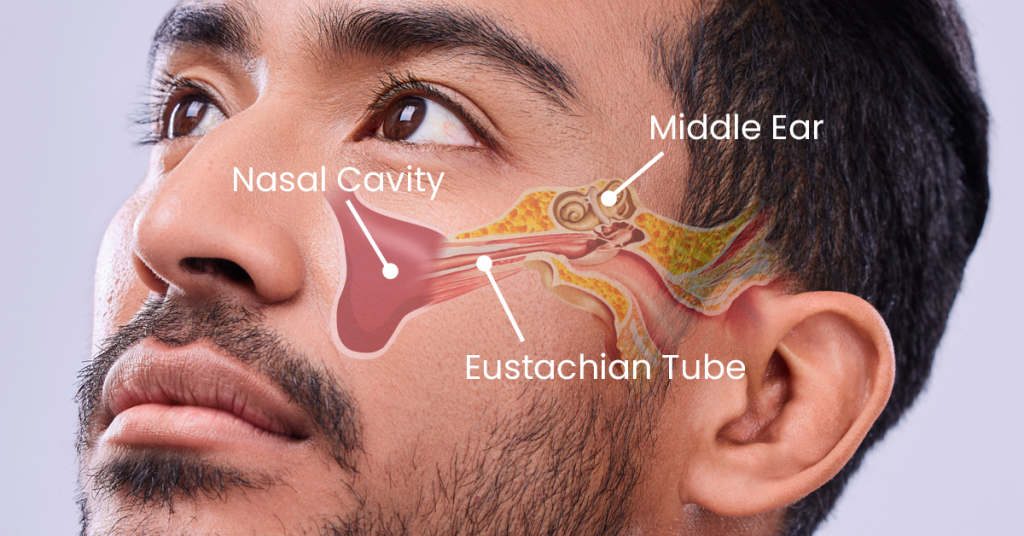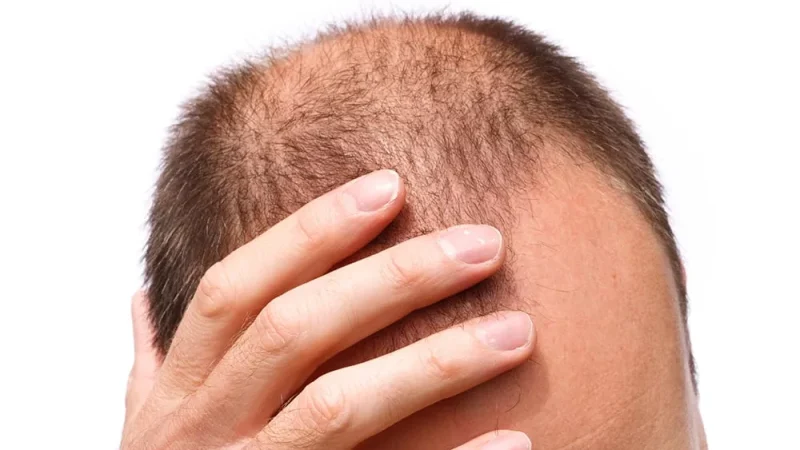When Sinus Infections Cause Throbbing Ear Pain: What You Should Know

Sinus infections can be uncomfortable on their own, but when that pressure extends to your ears, the pain can become almost unbearable. Many people experience throbbing ear pain with sinus infection and wonder why two seemingly separate areas of the body are so closely linked. The truth is that the sinuses and ears are part of the same network of connected passages in your head. When one becomes inflamed or congested, it can easily affect the other. Understanding how this connection works and what you can do to manage the discomfort can help you recover faster and feel better.
How Sinus Infections Lead to Ear Pain
The sinuses are air-filled spaces located around the nose, cheeks, and forehead. Their main function is to produce mucus that helps filter out dust, bacteria, and pollutants. When you have a sinus infection, these passages become inflamed and filled with excess mucus, leading to congestion and pressure. The Eustachian tubes, which connect your middle ear to the back of your throat, are responsible for equalizing air pressure in your ears and draining fluids. However, during a sinus infection, swelling and mucus buildup can block these tubes.
Once the Eustachian tubes are blocked, air and fluid become trapped behind the eardrum. This creates a sensation of fullness or pressure and often leads to throbbing ear pain with sinus infection. The pain can vary from mild to severe and may feel like a deep ache or pulsing sensation inside the ear. In some cases, the trapped fluid can even become infected, resulting in an ear infection that worsens the discomfort.
Many people also experience muffled hearing or a popping sound when they swallow or yawn. This happens because the air pressure in the middle ear is unbalanced. When the sinus infection starts to clear, these symptoms usually improve. However, if the congestion persists for too long, it can cause ongoing irritation and pain that requires medical attention.
Environmental factors can also make ear pain worse during a sinus infection. Cold weather, allergies, and dry indoor air can all contribute to nasal inflammation, making it harder for the sinuses to drain properly. People who already suffer from chronic sinus issues or allergies are more prone to experiencing ear-related symptoms whenever their sinuses flare up.
Recognizing the Symptoms and Underlying Causes
Throbbing ear pain with sinus infection rarely appears in isolation. It is often accompanied by other symptoms that indicate sinus inflammation, such as facial tenderness, nasal congestion, and headaches. The pain often intensifies when bending forward or lying down because these positions increase sinus pressure. Some individuals also notice that their ears feel blocked or that their hearing seems dull, which can be distressing but usually resolves as the infection subsides.
The underlying cause of most sinus infections is either a viral or bacterial infection. Viral sinus infections tend to follow colds or respiratory illnesses and usually improve on their own within a week or two. Bacterial sinus infections, on the other hand, may last longer and sometimes require antibiotic treatment. When the sinuses become inflamed for extended periods, they can affect the delicate balance of air and pressure in the ears.
Allergies can play a major role as well. Seasonal allergies, dust, or pet dander can inflame the nasal passages, causing swelling that mimics the effects of a sinus infection. When this happens, ear pain may develop even without an active infection. In these cases, managing the allergy triggers is just as important as addressing the sinus congestion itself.
If the pain persists or is accompanied by symptoms like fever, dizziness, or fluid discharge from the ear, it could indicate that the infection has spread. In such cases, medical treatment becomes necessary to prevent complications. A healthcare provider can determine whether the problem stems from the sinuses, the ears, or a combination of both, and then recommend appropriate treatment.
Hydration plays an important role in reducing sinus-related pain. When the body is dehydrated, mucus thickens, making it harder for the sinuses and ears to drain properly. Drinking plenty of water, using a humidifier, and taking warm showers can help keep the passages moist and encourage natural drainage. Saline sprays or rinses can also help clear out excess mucus and relieve pressure.
Effective Ways to Relieve Ear Pain from Sinus Pressure
Managing throbbing ear pain with sinus infection involves addressing both the sinus congestion and the pressure buildup in the ears. Over-the-counter decongestants can reduce swelling in the nasal passages, making it easier for the Eustachian tubes to open and restore normal air flow. Antihistamines are helpful if allergies are contributing to the congestion, while pain relievers can reduce inflammation and discomfort.
Steam therapy is one of the simplest yet most effective remedies. Breathing in warm, moist air loosens mucus and relieves sinus pressure that causes ear pain. A warm compress placed over the affected ear can also provide temporary relief by promoting circulation and reducing inflammation. These home remedies can make a noticeable difference in comfort levels during recovery.
Elevating your head while resting can help prevent mucus from accumulating in the sinuses and ears. Sleeping with an extra pillow or in a semi-upright position allows better drainage and minimizes nighttime congestion. Avoiding sudden altitude changes, such as air travel, may also help since rapid shifts in pressure can worsen ear pain when the sinuses are blocked.
In more persistent or severe cases, medical treatments may be necessary. Doctors might prescribe nasal corticosteroids to reduce swelling or antibiotics if a bacterial infection is diagnosed. In rare instances, recurring sinus infections or chronic Eustachian tube dysfunction may require minor surgical procedures to improve drainage and prevent future blockages. These interventions can provide lasting relief for individuals who frequently suffer from sinus-related ear pain.
Protecting Your Ears and Sinuses from Future Infections
Preventing throbbing ear pain with sinus infection often begins with proactive care. Maintaining nasal and ear health is essential to avoiding recurring discomfort. Keeping the nasal passages clear through regular saline rinses can help flush out irritants and reduce the risk of congestion. Managing allergies effectively with medication or environmental adjustments can also minimize sinus inflammation before it leads to complications.
Proper hydration and humidity are equally important. Dry indoor air can irritate nasal tissues, making them more susceptible to infection. Using a humidifier, especially during colder months, keeps the air moist and helps prevent mucus buildup. Regular exercise, a balanced diet, and adequate rest strengthen the immune system, reducing the likelihood of developing infections that affect both the sinuses and ears.
Smoking and exposure to secondhand smoke can also worsen sinus and ear problems. The chemicals in smoke irritate the respiratory passages, causing inflammation that disrupts normal sinus drainage. Avoiding smoke and other airborne pollutants contributes significantly to maintaining clear sinuses and healthy ears.
If you’re someone who frequently experiences sinus infections or ear discomfort, consulting an ear, nose, and throat specialist can be beneficial. These experts can identify structural issues or chronic conditions that make you more prone to ear pain during sinus infections. Early diagnosis and preventive treatment can save you from recurring pain and long-term complications.
When the sinuses and ears work properly, they maintain a delicate balance that keeps pressure and drainage in harmony. When illness or congestion disrupts that balance, pain and discomfort follow. Taking care of both systems with preventive habits, proper treatment, and medical guidance ensures that you stay healthy and free from the throbbing ear pain that often accompanies sinus infections.







